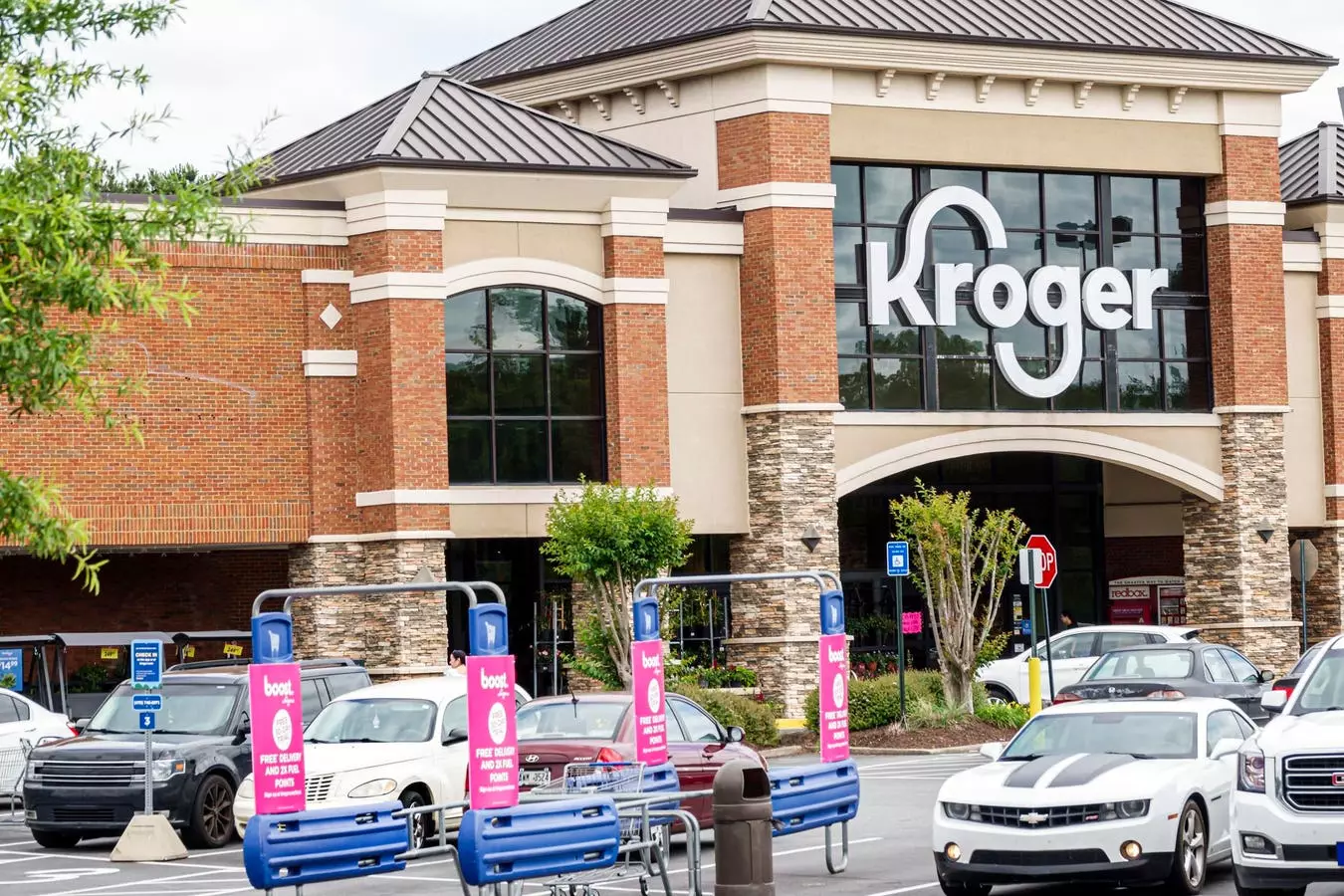The recent judicial decision to halt the proposed $25 billion merger between Kroger and Albertsons has ignited discussions about market competition, consumer rights, and the balance of power within the grocery industry. Both a Federal Judge and a King County Judge in Washington State deemed the merger detrimental to consumers, grocery workers, and smaller suppliers, illustrating the vital role that legal frameworks can play in shaping competitive markets. This decision signals a potential turning point in antitrust enforcement, emphasizing the need to protect economic diversity and consumer interests.
The ruling against the merger is undoubtedly a triumph for various stakeholders, including consumers and labor unions. The Federal Trade Commission (FTC) played a crucial role in advocating against the merger, arguing that it would likely result in higher prices and reduced competition. The FTC’s argument is underscored by the reality that a merger of this scale would significantly bolster Kroger and Albertsons’ market power, allowing them to dictate prices and potentially exploit their workforce, which relies on union credibility to negotiate fair wages and working conditions.
Moreover, organizations such as the Institute for Local Self Reliance have highlighted the significance of this ruling, marking it as a historic moment in antitrust enforcement against supermarket mergers that have occurred sparingly in recent decades. The fact that the government successfully opposed such a significant consolidation of market power is indicative of a shift in government policy geared towards reinvigorating antitrust laws. The decision reflects an understanding that allowing too much market consolidation can have detrimental effects on community welfare, pricing, wages, and overall economic health.
The grocery retail market is already dominated by a few key players. Notably, the top six grocery chains account for approximately 65% of the market share, creating an environment where competition is stifled and consumer choice is limited. In a landscape where giants like Walmart control nearly 30% of national sales, the merger would further exacerbate issues of monopolistic practices, limiting options for consumers and creating imbalances within the supply chain.
Kroger and Albertsons already command a significant presence in numerous regional markets, which raises concerns about the implications of increased concentration. Through their vast networks, these companies shape not only grocery pricing but also the local economies in which they operate. If the merger had proceeded, the potential for retail price hikes would have far-reaching consequences, especially for low-income populations reliant on affordable grocery options.
Concurrent with the judicial ruling are broader economic concerns about price inflation in groceries. Between 2020 and 2022, grocery prices surged, with overall prices climbing over 30%, while unit sales stagnated or even declined. Evidence suggests that companies took advantage of consumer anxieties around the COVID-19 pandemic and international crises to impose excessive price hikes. This phenomenon, termed “sellers’ inflation,” contributes substantially to the rising cost of living faced by many households, further complicating the economic landscape.
The practices of leading retailers have raised serious ethical questions. For instance, testimonies during the merger trials revealed that Kroger had deliberately inflated prices on essential goods like milk and eggs beyond what was necessary. Such tactics not only disadvantage consumers but also undermine the competitive integrity of the market. In this context, blocking the merger becomes more than a simple legal victory; it emerges as a stand against questionable corporate behaviors that exacerbate economic inequality.
While the decision to block the Kroger-Albertsons merger serves as a pivotal moment for antitrust action, it is essential to recognize that systemic issues within the grocery industry persist beyond mere market consolidation. Challenges such as labor conditions, supply chain vulnerabilities, and the urgent need for sustainable practices remain at the forefront of industry discourse.
A future vision for grocery retail must encompass diversification in ownership models and governance structures that prioritize workers’ rights and community welfare. Transformative changes in the industry may include embracing cooperative business models that empower local communities and create equitable access to healthy food options.
The blocking of the merger represents a significant moment for consumer advocacy and labor rights, but it also serves as a catalyst for a broader conversation about the future of the grocery industry. The lessons learned from this case should galvanize efforts aimed at fostering equitable market conditions, ensuring that competition benefits not just corporate profits but also the consumers and communities that rely on these essential services. Advocacy for antitrust action and economic diversity should indeed become more than mere aspirations; they should drive a significant movement towards achieving a healthier and more just food system.

